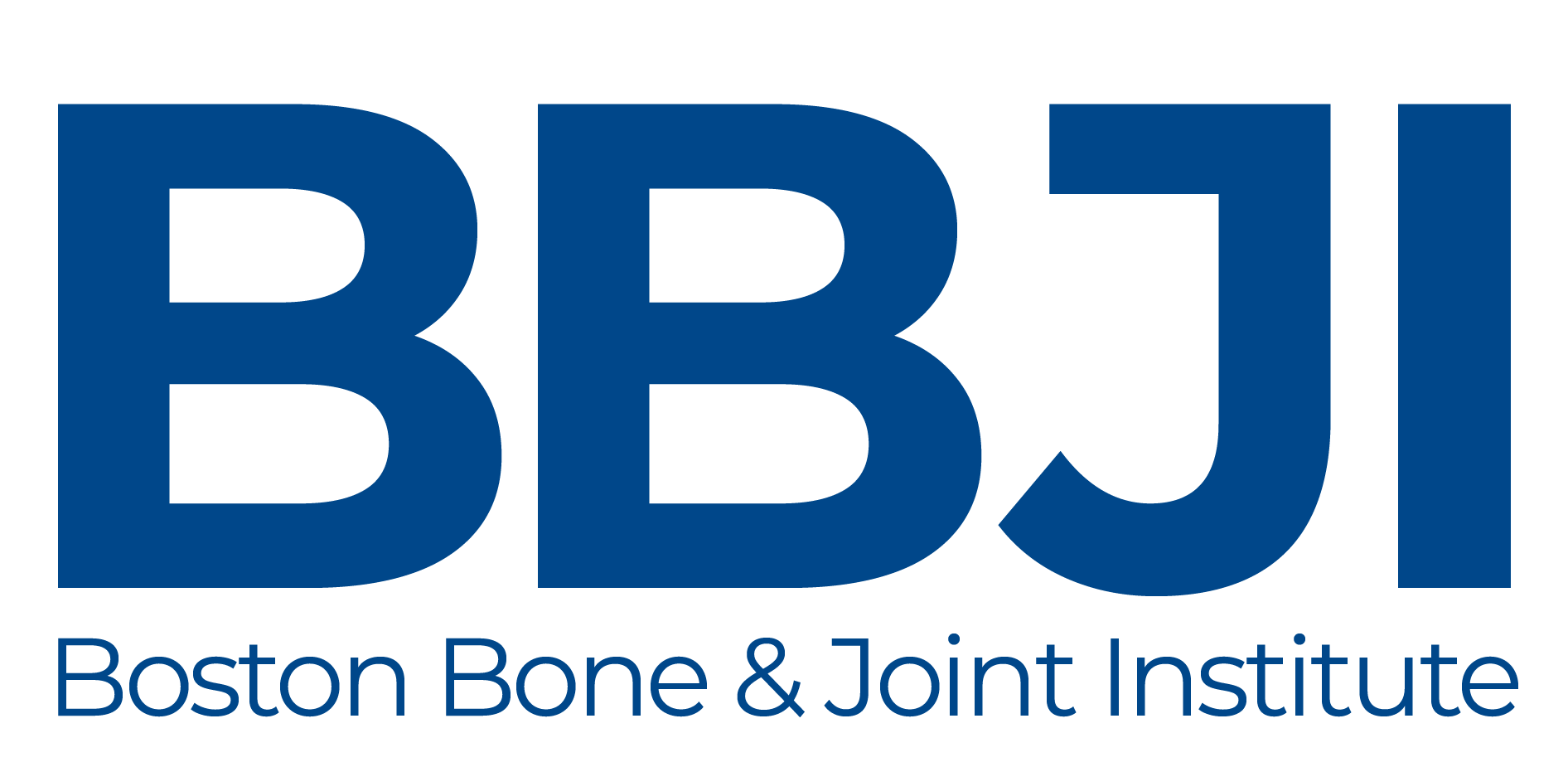

The Workplace Injury Center
About the specialty
At BBJI, we understand the complexities and challenges of workplace injuries. We have an experienced and dedicated team to provide specialized care tailored to each individual work injury patient’s needs. Our team is adept at managing a wide range of job-related injuries, ensuring the highest level of compassionate medical care, as well as clear communication between medical providers, case managers, adjusters, and employers. We actively advocate for our patients throughout the entire course of their recovery.
Managing Workplace Injuries
Our approach to workplace injuries is comprehensive and involves:
Individualized Care: We recognize that each job-related injury is unique and offer personalized treatment plans.
Employer Communication: Our dedicated work injury team can effectively help with all the administrative requirements and will maintain an open line of communication with your employer/adjuster/case manager to facilitate and coordinate your full recovery and safe return to work.
Priority Treatment: We understand the impact that a work injury has on your life and will prioritize your care to promote functional progression and expedited recovery tailored to your employment situation.
Treatments
Common Workplace Injuries We Treat
Our team of includes providers for every subspecialty of Orthopedic care spectrum:
Injuries of the shoulder are among the most frequent work injuries. These can involve injuries to the rotator cuff, biceps, labrum and articular cartilage and result from acute trauma or repetitive use, leading to pain and impairment of shoulder function. Depending on the severity of injury, conservative and surgical options are available depending on the patient's overall health and workplace requirements.
Disc Herniation (Cervical and Lumbar): Herniated discs can occur in both the cervical and lumbar spine, causing symptoms ranging from localized pain to radiating nerve pain, numbness, and weakness. Treatment options include conservative care, such as physical therapy and medication, as well as surgical interventions for more severe cases.
Hand, wrist, and elbow injuries occur frequently and can include acute injuries such as sprains, dislocations, fractures, tendon tears, or chronic overuse injuries. Treatment varies from activity modification to temporary immobilization or surgery, based on complexity and location of the injury.
Frequent work-related knee injuries include Anterior Cruciate Ligament (ACL) tears, meniscal tears, kneecap (patella injuries) and articular cartilage injuries. Knee injuries are frequently associated with significant functional limitations. Conservative treatment options are considered when appropriate. Surgical treatment, however, may be often required in injuries such as ACL tears and cartilage injuries to restore joint function and allow for a safe return to work activities, while minimizing risk of re-injury.
Hip injuries in the workplace can be acute or chronic and include labral tears, tendon injuries and articular cartilage injuries. Comprehensive treatment options are available to facilitate recovery including physical therapy, injections, or surgical care.
Work-related injuries of the feet and ankles are frequently treated and include acute and chronic ligament injuries, fractures, cartilage defects, and tendon injuries. The treatment goal is always to effectively treat the injury to facilitate recovery and progression back to professional activities.
How to Get Evaluation and Treatment Started
To begin your treatment at BBJI for a workplace injury, please contact our dedicated workers' compensation team. Pre-approval for your visit is necessary to ensure coverage and to facilitate the most effective care plan. Our team is here to assist you in navigating the approval process and to match you with the best provider for your specific condition.
We're committed to supporting you through your recovery, aiming for a swift and safe return to work. Our focus on open communication, individualized care, and close collaboration with all parties involved ensures that you receive the best possible treatment and support throughout your healing journey.




















